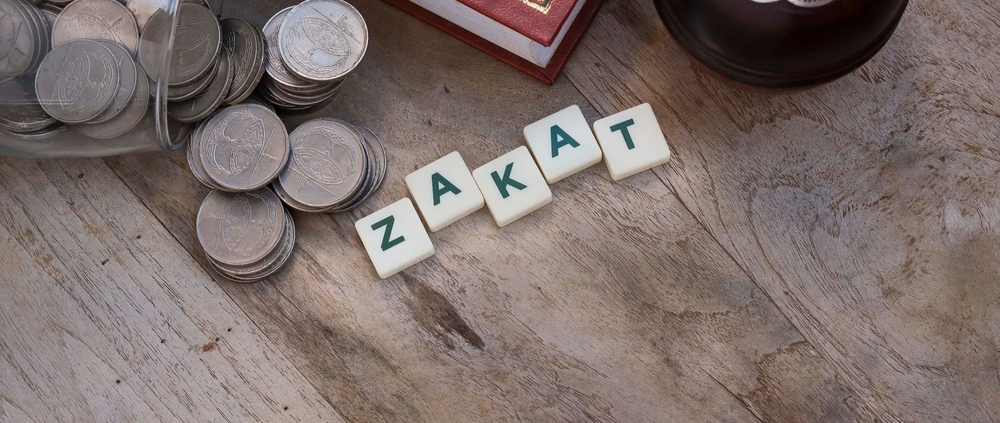Do I Need to Give Zakat on My Gold While I Owe a Student Loan?
Hanafi Fiqh
Answered by Shaykh Abdul-Rahim Reasat
Question
My question is regarding paying zakat. I have gold that is zakatable, but I also have a student loan that I pay in installments every month. I am unclear about calculating my zakat or whether I should pay zakat.
Answer
In the Name of Allah, Most Compassionate and Most Merciful
Calculating Zakat
To calculate your zakat, you take the value of all the cash, gold, and silver you have, and after deducting your immediate expenses-which is the coming month-you see if the remaining amount is over the nisab. This is equivalent to the value of 100 grams of gold.
If the remaining balance after deduction is equal to the nisab amount or over it, you pay 2.5% of whatever you have as zakat. That is the basic idea.
Deducting Debts
Along with your immediate expenses, you can also deduct any debts for which people demand immediate payment. Some scholars class ‘immediate’ means ‘within the next twelve months.’
You can deduct the amount for the next twelve installments and immediate expenses if you make monthly installments. Your debt can be deducted, but not the entire amount, unless they ask for payment as soon as possible. [Maydani, al Lubab; Mawsili, al-Ikhtiyar]
Look at its payment as an honor. The Messenger of Allah (Allah bless him and give him peace) said, “Islam is built on five: testifying that there is no god but Allah and that Muhammad is the Messenger of Allah, to perfect the Prayer, pay the zakat, perform the Hajj, fast Ramadan.” [Bukhari]
It is a critical pillar of Islam and an excellent way to draw closer to Allah. May Allah accept it from you.
[Shaykh] Abdul-Rahim Reasat
Checked and Approved by Shaykh Faraz Rabbani
Shaykh Abdul-Rahim Reasat began his studies in Arabic Grammar and Morphology in 2005. After graduating with a degree in English and History he moved to Damascus in 2007 where, for 18 months, he studied with many erudite scholars. In late 2008 he moved to Amman, Jordan, where he continued his studies for the next six years in Sacred Law (fiqh), legal theory (Usul al-fiqh), theology, hadith methodology, hadith commentary, and Logic. He was also given licenses of mastery in the science of Quranic recital and he was able to study an extensive curriculum of Quranic sciences, tafsir, Arabic grammar, and Arabic eloquence.
